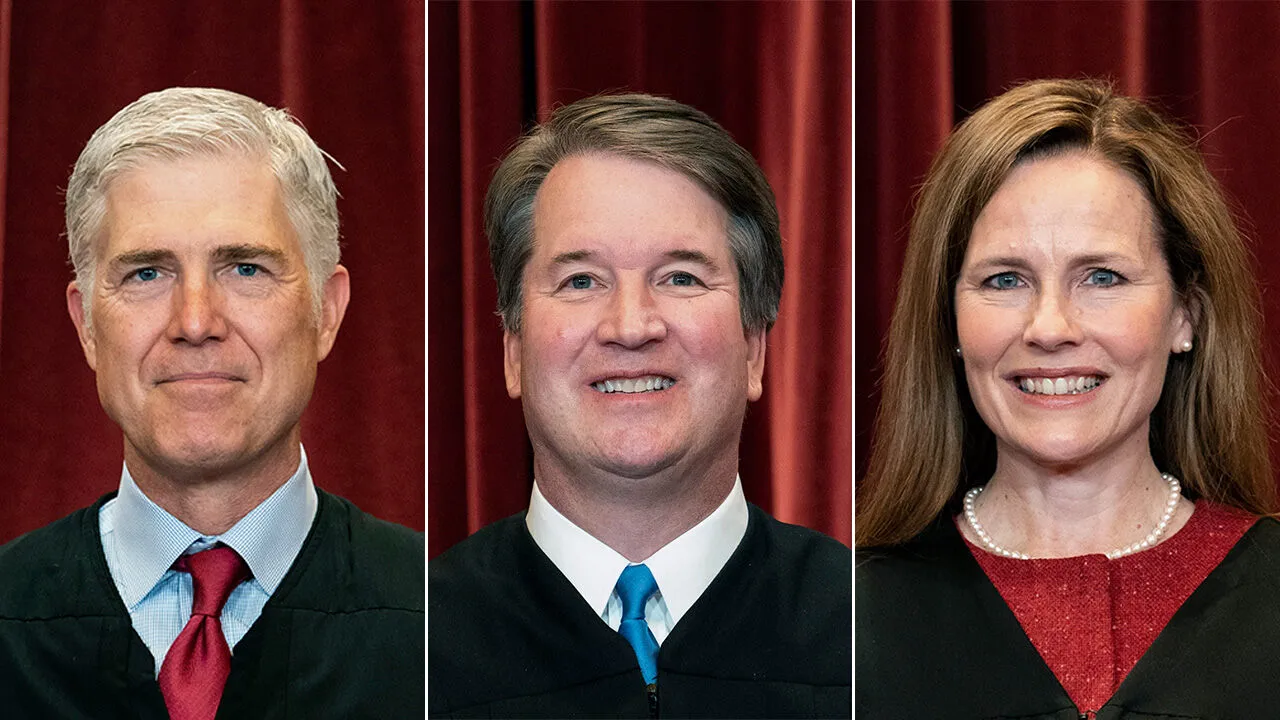Maureen Groppe is a Supreme Court correspondent for USA TODAY who works researching, covering legal issues, and tracking new developments in the American legal system on a daily basis.
Every morning she arrives early to go through recent legal changes and to prepare for court activities and sometimes sit in on hearings.
As a legal journalist Maureen Groppe’s duties entail comprehending a subject then either talking to an expert or researching and composing a composition to expound the effects of such a decision to the public.
Groppe began reporting on U.S. politics over 25 years back while informing her readers on important legal topics and achieving high standards leading to awards and leadership positions of her career.
Background on Maureen Groppe
Maureen Groppe is a prominent reporter with her 25 years of experience, mostly in the political field.
She has been writing for USA TODAY and The Indianapolis Star where she focused on the White House, Congress and presidential elections.
This writer has pointed out that Groppe has an ability of simplifying even complex political realities to the public.
That has earned her a number of awards including the regional reporting awards as well as Poynter Fellow for the work with the American Political Science Association.
The Supreme Court’s Role in American Politics
The Supreme Court interprets the Constitution and ensures that laws are fair for all citizens.
It was established in the Constitution and can veto whether laws or actions go against it, which impacts society as it changes civil rights, social policies, and government authority.
The Court has played an important role in significant political questions, from civil rights to health care, based on landmark decisions of what a society values and rejects.
Trump’s Influence on the Supreme Court
During the time Donald Trump was president, he chose three new justices for the Supreme Court: three of them: Neil Gorsuch, Brett Kavanaugh, and AmyConey Barrett.

Gorsuch filled Scalia’s seat in 2017; Kavanaugh followed Anthony Kennedy in 2018 and Barbara replaced Scalia in 2020.
Particularly, these appointments contributed to the shift of the Court far right even further.
This change has also affected core and precedent court cases as to policies including abortion and the right to bear arms.
Conservatives, who also have restricted power of the government, look forward to these new conservative justices who adhere to a narrow construction of the Constitution. Liberty-loving liberals believe that civil liberties and freedoms in the USA are in danger.
Key Cases Impacted by Trump’s Presidency
Maureen Groppe reported that During Donald Trump’s period in the office, the Supreme Court passed several decisions that marked a shift to conservatism.
One of the biggest was the Women’s Health Organization, which overtook Roe v. Wade, stripping federal rights to abortion and turning the decision over to the states.
This was a radical change for the Court and demonstrated an increasing conservative approach to social matters.
Another example was Kennedy v. Bremerton School District, where the Court supported expanding religious rights in public places, showing a similar shift in ideology.
Groppe’s Insights on Judicial Philosophy
A study by Maureen Groppe indicates that those judges appointed by Trump often follow originalism; that is, they interpret the Constitution based on its original meaning when it was written.
In contrast, living constitutionalism holds that the Constitution should evolve with society and current values.
According to originalists, the words used in the Constitution are set in stone and ought to guide judicial decisions. They provide a uniform understanding of law.
Living constitutionalists prefer a more flexible method that takes into account the real-world situations, giving judges more freedom to interpret the law.
As noticed by Maureen Groppe, being originalists, all these judges appointed by Trump deliver judgments that resist conservative values and alter the legal system to a traditional view of constitutional law.
The Role of Media
According to Maureen Groppe’s report, Trump’s nominees are originalist, that is, they have to go by the literal meaning of the constitution at the time of its writing.
This is in contrast to the concepts of the living constitution that argues for the Constitution to evolve with society and the current ethical norm.
Originalists believe in the Constitution and its words are frozen and have to be used as a source by which to make a particular decision in a court of law.
Realists therefore want a method that absorbs present circumstances as this relieves the judge of some rigidity with the law.
Maureen Groppe overemphasizes the extent of this geographical orientation by pointing out that these are Trump loyalist judges with an originalist view of the American constitution, which they have turned the legal system into an institution that strengthens conservative values.
Public Reaction to Supreme Court Decisions
There are controversies regarding the recent Supreme Court decisions and thus it clears that there are profound dissimilarities of various public issues in the United States.
As found in the surveys, following the big choices such as overturning of Roe v. Wade, affirmative action, and religious rights, only 37 percent of them approve of the justice, and Democrats disapprove more than any other group since 2021.
A rail split in the perception of people concerning the Court’s fairness and the political ideology of the case is apparent since 24% of Democrats have a positive view of the Court, while 73% of Republicans do.
It got worse during his presidency, as they only deepened the polarization within the Democratic and progressive wing, who felt that its rights were under assault, since his selections and appointments only served to turn the Court into one of the most conservative ever.
As per Maureen Groppe, the politics during Trump’s periods has been used to predict the changes of the Supreme Court environment and how people can be well informed and journals can be responsible.

